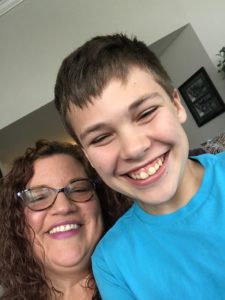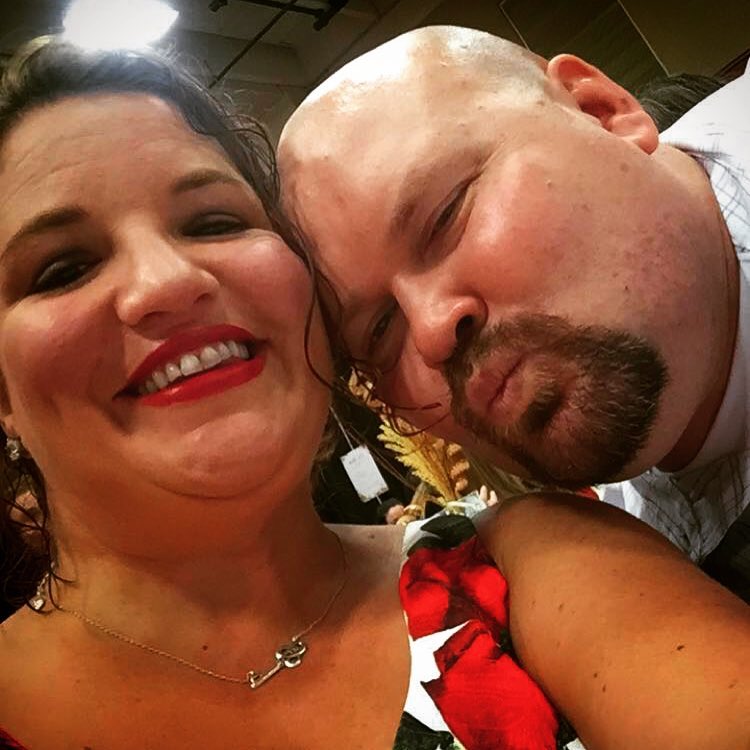Supervising someone with mental illness can have unique challenges, but there can also be positives. Find out more from Kristen’s boss, Alia, about what happens when creativity and mental illness combine in the workplace.
What it means to be creative
I have a theory about creative people.
But first I should clarify. When I say creative people, I’m not distinguishing them by skill or talent. I’m talking about their motivation, their creative drive. Everyone has the ability to be creative on some level. But some people are more naturally inclined to tap into their imagination than others.
The people I’m talking about, though, are not just inherently imaginative. They are driven – regardless of actual talent – by a restless need to make sense of the world. They do this by interpreting it and reframing it over and over again in various ways.
The vulnerability of creating
We—because yes, I count myself among those both cursed and blessed by this creative imperative—tend to be more sensitive than other people. We’re more sensitive because the act of creation requires an openness to our senses, our subconscious thoughts and our instincts. Being open in this way can make us vulnerable, and we are constantly left exposed and raw by our endless need to create.
On top of this, any attempt to share our creations brings with it the certainty of judgment. People will respond to whatever we made and have opinions about it—both good and bad. If they are particularly astute, they might also learn something about us from our work. Sometimes it is something we didn’t even realize we had exposed.
When creativity and mental illness meet
My closest friends share my creative impulses, and I have worked with many creatives in my career who also fall into this category. We have a lot in common, but the commonality that is most striking to me is that so many of us also suffer from one or more mental illnesses. I couldn’t say if the vulnerability of the creative process actually puts us at a higher risk of developing a mental illness. Maybe creativity makes us more in tune with ourselves and more aware of the imbalances that already exist in our minds as a consequence. Or perhaps it’s merely an odd correlation that has nothing to do with causation at all. Whatever it is, creativity and mental illness appear together often.
I said at the beginning that I have a theory, but I suppose theorizing is probably better left to someone who is more adept at science than me. All I can speak to is the pattern I have observed. And as a supervisor of a group of creatives, I have seen this pattern continue. Mental illness is a factor for many of the people on my team, and I can’t afford to ignore the impact these illnesses have on our daily work. I’m lucky in that I have some expert support in this area.
Having an employee who is “out” with her illness
I have known Kristen Abell for nearly a decade now. We have been friends and colleagues in various contexts over the years, and I currently have the privilege of being her supervisor. While I don’t recall when we first started talking about our experiences with mental illness, we have had many conversations about the subject over the years. I am someone who struggles with anxiety and depression and has also supported family members with similar illnesses. I can tell you first-hand how wonderfully reassuring it is to be able to talk to someone who understands what it’s like. It’s especially important in a society that is so dismissive of these issues.
Kristen has always been open about her experiences. That openness fosters honest discussions and removes stigma. Of course, not everyone is as comfortable sharing their experiences as she is. But if even one person is willing to speak up, everyone else feels more accepted.
The co-worker relationship
Many people on our team seek Kristen out when they are struggling. They ask for advice or merely share their own feelings without fear of judgment. She has inspired me and others on our team to be more open about our own experiences. Her openness has made us more aware of the impact of mental illness in general.
This open dialogue leads to understanding when someone needs to take a mental health day. Sometimes it provides encouragement when people ask to work from home. And it can push them to flex their schedule because they find it difficult to focus on certain tasks in the disruptive office environment.
We must talk about mental illness at work
In my experience, most people want to do their best work all the time. Often, however, factors like mental illness can get in the way of their good intentions. The more open we can be about hearing their challenges and working together to solve them, the more likely we will be to succeed in removing the barriers in their work.
But because mental illness is so often invisible, sometimes being open to listening is not enough. If we are feeling brave enough, we should follow Kristen’s example and share our own experiences. This way, other people will know that we take their concerns seriously. They will understand that we will welcome a conversation about their struggles.
And while I work mainly with creative people, I believe that this is a truth that applies to everyone. It’s not just us quirky creatives.
Alia Herrman is the Director of Creative Services at the University of Missouri-Kansas City and manages to keep Kristen in line…most of the time. In her spare time she is a writer of sci-fi/fantasy literature, so she and Kristen bond over their love of writing, as well as all things geek.



